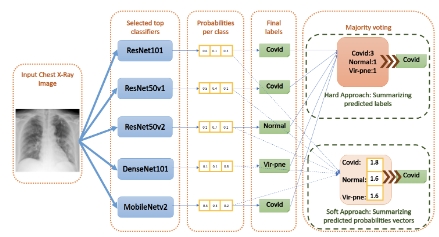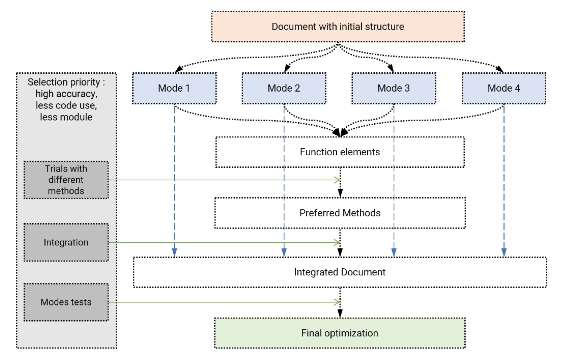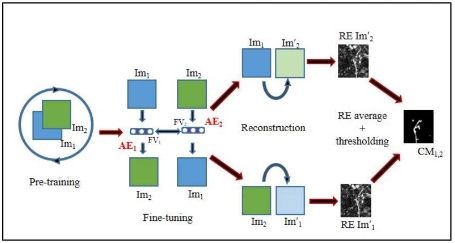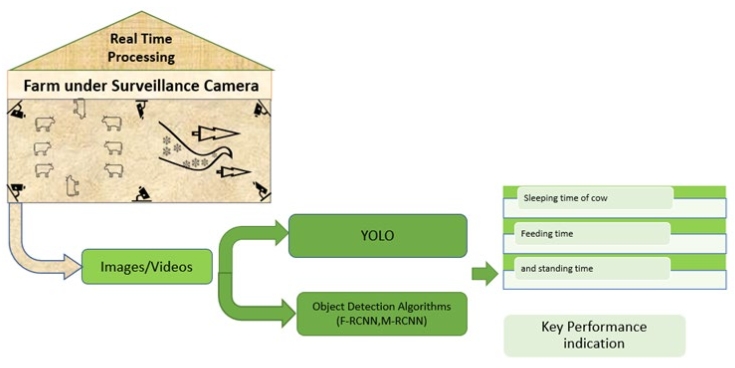Software cost estimation tool: A App based application, estimate the cost of software project
Abstract
This paper presents the design and implementation of a software cost estimation tool integrated into a mobile application developed using Flutter. The tool incorporates various techniques for software cost estimation, including expert judgment, function point analysis, 3D point analysis, and the COCOMO model. The purpose of the program is to give software engineers and project managers a practical and effective tool for calculating the time and money needed for software development projects. The paper provides a thorough explanation of each estimation technique’s implementation, along with a discussion of the app’s main features and functionalities. Because of the app’s intuitive and user-friendly design, users can quickly enter project data and get precise cost estimates. The tool’s efficacy is assessed using case studies and contrasts with other software cost estimation methods currently in use. The outcomes show that the app can produce trustworthy and precise cost estimates, which makes it an important resource for software development projects.
References
[1]Firesmith D. Prioritizing Requirements. The Journal of Object Technology. 2004; 3(8): 35. doi: 10.5381/jot.2004.3.8.c4
[2]Balaji N, Shivakumar N, Ananth VV. Software cost estimation using function point with non-algorithmic approach. Global Journal of Computer Science and Technology Software & Data Engineering. 2013; 13(8): 1–4.
[3]Karlsson J. Software Requirements Prioritizing. In: Proceedings of the International Conference on Requirement Engineering; 1996.
[4]Hamdan K, El Khatib H, Shuaib K. Practical software project total cost estimation methods. In: Proceedings of 2010 International Conference on Multimedia Computing and Information Technology (MCIT); 2010. doi: 10.1109/mcit.2010.5444853
[5]Khan B, Khan W, Arshad M, Jan N. Software cost estimation: Algorithmic and non-algorithmic approaches. International Journal of Data Science and Advanced Analytics. 2020; 2(2): 1–5.
[6]Zuse H. Software Metrics-Methods to Investigate and Evaluate Software Complexity Measures. In: Proceedings of the Second Annual Oregon Workshop on Software Metrics; 1991; Portland.
[7]Kitchenham B, Mendes E. Software productivity measurement using multiple size measures. IEEE Transactions on Software Engineering. 2004; 30(12): 1023–1035. doi: 10.1109/tse.2004.104
[8]Westerville. Function Point Counting Practices Manual. International Function Point User Group (IFPUG); 1990.
[9]Low GC, Jeffery DR. Function points in the estimation and evaluation of the software process. IEEE Transactions on Software Engineering. 1990; 16(1): 64–71. doi: 10.1109/32.44364
[10]Meli R, Santillo L. Function point estimation methods: A comparative overview. Data Processing Organization; 1999.
[11]Meli R, Satillo L. Function Point Measurement Tool for UML Design Specification. Data Processing Organization; 1999.
[12]Sadiq M, Ghafir S, Shahid M. A Framework to Prioritize the software Requirements using Quality Function Deployment. In: Proceedings of the National Conference on Recent Development in Computing and its Application; 2009; Delhi, India.
[13]Symons CR. Function point analysis: difficulties and improvements. IEEE Transactions on Software Engineering. 1988; 14(1): 2–11. doi: 10.1109/32.4618
[14]Mansor ZB, Kasirun ZM, Arshad NHH, et al. E-cost estimation using expert judgment and COCOMO II. In: Proceedings of 2010 International Symposium on Information Technology; 2010. doi: 10.1109/itsim.2010.5561466
[15]Boehm BW. Software Engineering Economics. Prentice Hall; 1981.
[16]Alliance A. Agile Methodologies. Available online: https://www.agilealliance.org/agile101/agile-methodologies/ (accessed on 13 March 2024).
[17]Rush C, Roy R. Expert Judgement in Cost Estimating: Modelling the Reasoning Process. Concurrent Engineering. 2001; 9(4): 271–284. doi: 10.1177/1063293x0100900404
[18]Chirra SMR, Reza H. A Survey on Software Cost Estimation Techniques. Journal of Software Engineering and Applications. 2019; 12(06): 226–248. doi: 10.4236/jsea.2019.126014
[19]Gupta D, Sadiq M. Software Risk Assessment and Estimation Model. In: Proceedings of 2008 International Conference on Computer Science and Information Technology; 2008. doi: 10.1109/iccsit.2008.184
[20]Hoodat H, Rashidi H. Classification and Analysis of Risks in Software Engineering. World Academy of Science, Engineering and Technology. 2009; 56: 446–452.
Copyright (c) 2024 Ajay Jaiswal, Piyush Malviya, Lucky Parihar, Rani Pathak, Kuldeep Rajput

This work is licensed under a Creative Commons Attribution 4.0 International License.










